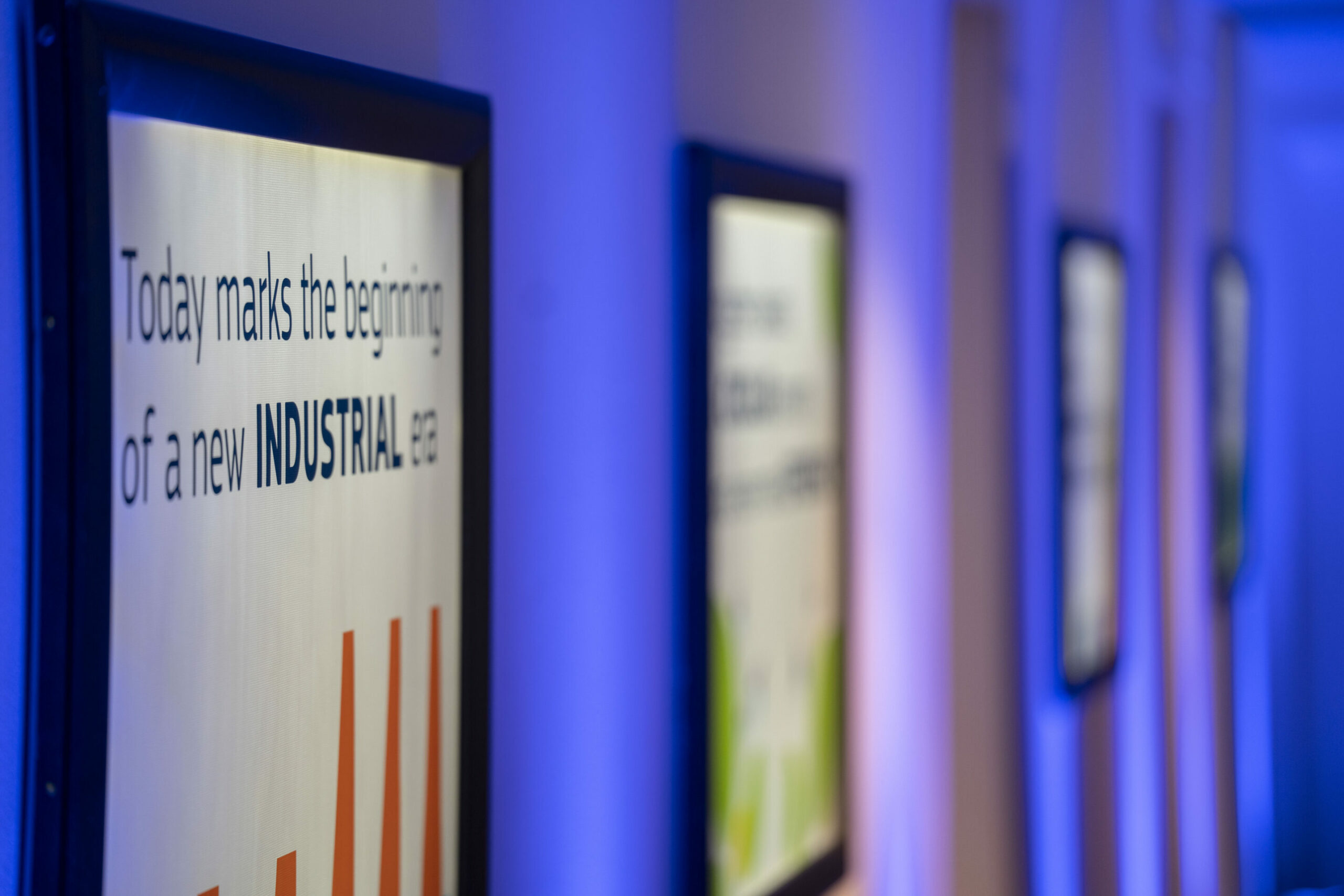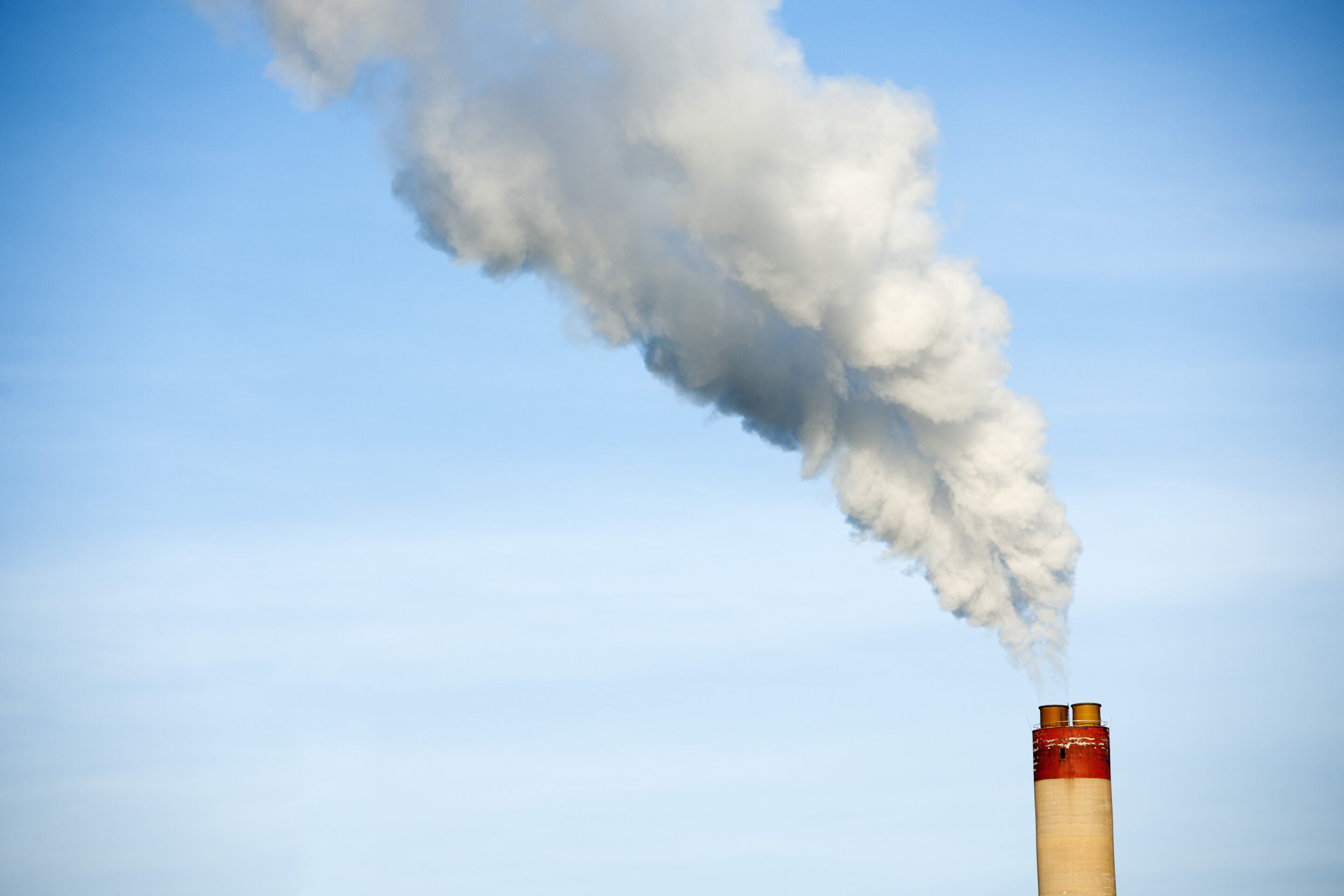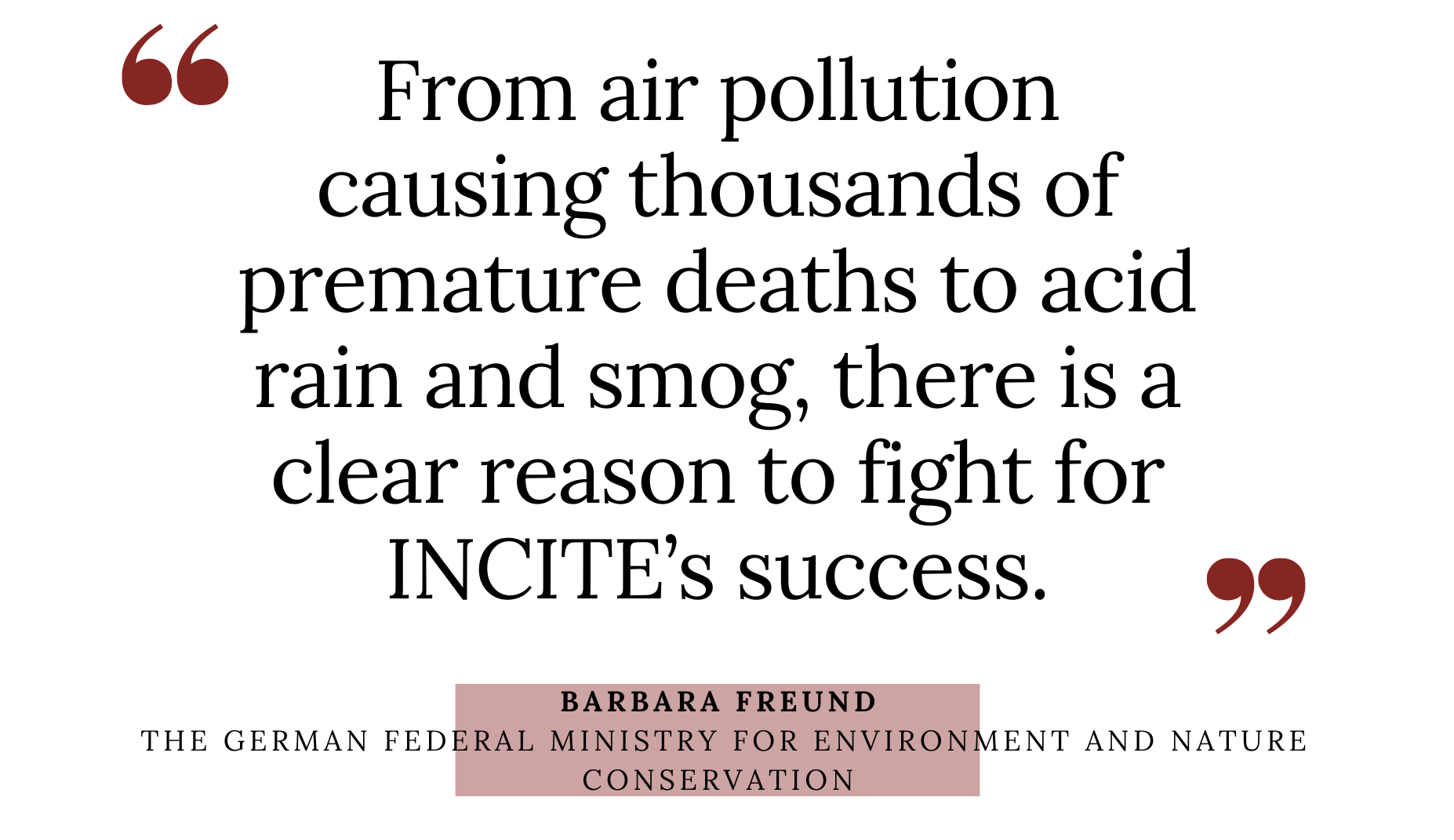The European Commission recently launched a knowledge centre with a mammoth task: to decarbonise Europe’s most polluting industries, at a time when climate experts are ringing the alarm bells on global warming.
In the last decade, industrial emissions of greenhouse gases and damaging air pollutants have decreased in the European Union (EU), however, the costs of air pollution caused by large industrial plants remain substantial, with the latest figures from the European Environment Agency estimating the cost at around 2-3% of the EU's GDP.
In the face of a growing urgency to tackle this pollution, the Commission unveiled the Sevilla Process some 20 years ago. It started as a unique concept in the world, bringing several EU Member States, industry players, experts and environmental NGOs representing citizens’ interests to the table, led by the European Commission’s Joint Research Centre (JRC) – a combination of scientists and experts providing independent scientific advice.
"They come together to create the environmental norms needed to protect our citizens and the environment but also to ensure that industry remains in Europe and is competitive," a Commission official told The Brussels Times.
While these competing priorities are challenging to balance, the project has been deemed a success. According to JRC data, the process has seen several pollutants reduced by 40% to 70%, while some of the world’s most technologically advanced economies like South Korea are following the pattern for their industrial transformations.
This is in part down to the JRC’s leading role, which means science rather than political considerations are at the heart of the agenda. Through working groups per industrial sector – the entire industry was divided into 32 sectors – stakeholders decided on environmental norms, which companies have to implement within four years, as well as the Best Available Techniques (BATs) that are technically and economically viable.
"But we have come to a point that everybody is crossing the finish line based on existing techniques, so the margin of improvement was narrowing," the Commission official said. "We needed something more ambitious for the environment and people while ensuring industry remains in Europe."
Win-win-win
To ensure companies do not rest on their laurels, the Commission has now launched the Innovation Centre for Industry Transformation and Emissions (INCITE). It adds a forward-looking aspect to the Sevilla Process, so companies can scour and identify emerging innovative techniques with the final aim of both accelerating industrial transformation and achieving the 2030 and 2050 climate targets.
"This step is needed to ensure the Sevilla Process, which focuses largely on the past and present, can continue to work and to make it future-proof. This interconnected preparedness means that even before the norms are revised, we are aware of the latest innovations and we don't waste time implementing them."
Gathering information on innovative technologies and communicating them to non-scientific experts, INCITE can help Member States give permits to emerging technologies by providing them with a better understanding and avoiding any possible drawbacks. "This means EU countries that want to implement technologies ahead of the curve do not have to be reluctant as they will have reassurance from experts."

Credit: EU 2024
In a similar way, possible investors will be better positioned to understand upcoming innovations. "We know the money is there but sometimes it is difficult to connect innovators and investors," the Commission official explained.
"Most people in the finance sector do not have the technical expertise needed to analyse these emerging technologies. So when they are approached by industry with a new innovation, INCITE will be a platform where they can find the necessary data to understand whether it is a positive and viable solution."
In turn, companies that decide to work on decarbonising technologies would be able to launch more quickly. "Currently, they are often slowed down by the existing framework. INCITE will make sure both industry players and policymakers can facilitate experimenting."
Last but certainly not least, INCITE also aims to protect European citizens. "From air pollution causing thousands of premature deaths to acid rain and smog, there is a clear reason to fight for INCITE’s success," said Barbara Freund of the German Federal Ministry for the Environment and Nature Conservation. "We need to make the trade-off of staying competitive but also considering the health of people and the environment."
Sean Kidney, the CEO of the Climate Bonds Initiative (CB), an international NGO working to mobilise global capital for climate action, also stressed the importance of a project like INCITE succeeding. "Europe has failed to listen to climate experts and science, and has failed in moving fast enough when it comes to sustainable transformation, from e-cars to solar energy, and in many cases, we are now playing catch up. INCITE will help us catch up."
Slow process
A handful of core members from the JRC team will also work on the INCITE project but will be assisted by around 4,000 officials, including 2,000 industry experts, as well as civil society representatives and Member State policymakers.
Still, getting INCITE up and running to assist all stakeholders will not be done in the blink of an eye. "We are talking about transforming every aspect of the industry, or about 75,000, so we cannot solve everything overnight."
The work will start with the most energy-intensive industries in the coming months. "We will start to harvest information regarding innovations in these sectors and find out where are they located. We will then organise workshops per industry sector, and focus on the most complex, disruptive and viable innovations."
The Commission has launched the INCITE website which now can be accessed by the public. This will include information on these emerging technologies and an evaluation of their impact, among others. "In this way, many industries can benefit from the collectively shared knowledge and skillset."
With climate experts’ warnings and the extent to which energy-intensive industries pollute, it would not be surprising to hear INCITE team members feel pressure to make their project succeed. However, the Commission Official said the overarching feeling is excitement.
"You are right, there is pressure. I think the objectives and what we want to achieve are extremely ambitious, even more so than the Sevilla Process because we are looking at innovation which by definition means we have less information about these techniques," the Commission official said. "We have to be honest and a bit modest. But we believe that INCITE has an important role to play. We have started with a good idea. And now we have to make the ship sail."


